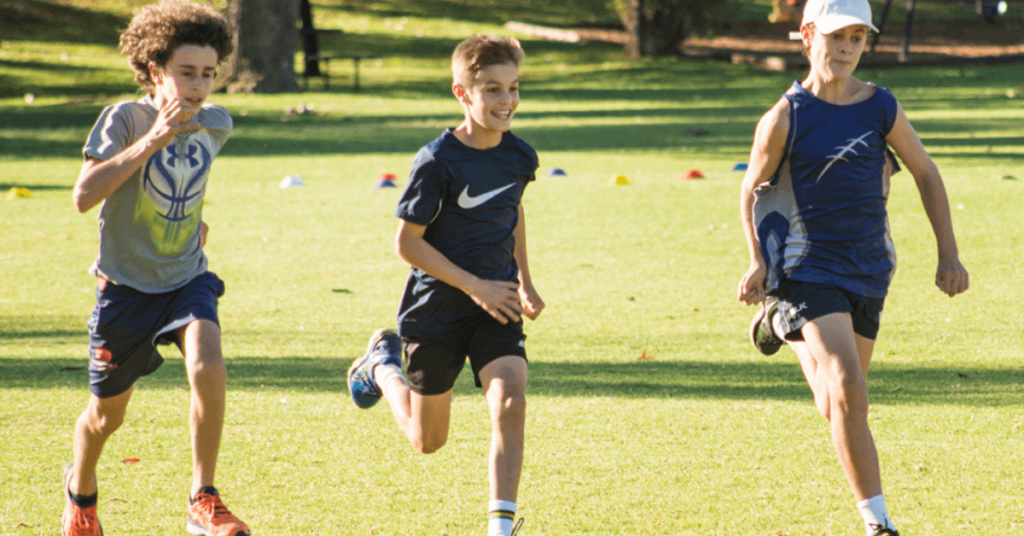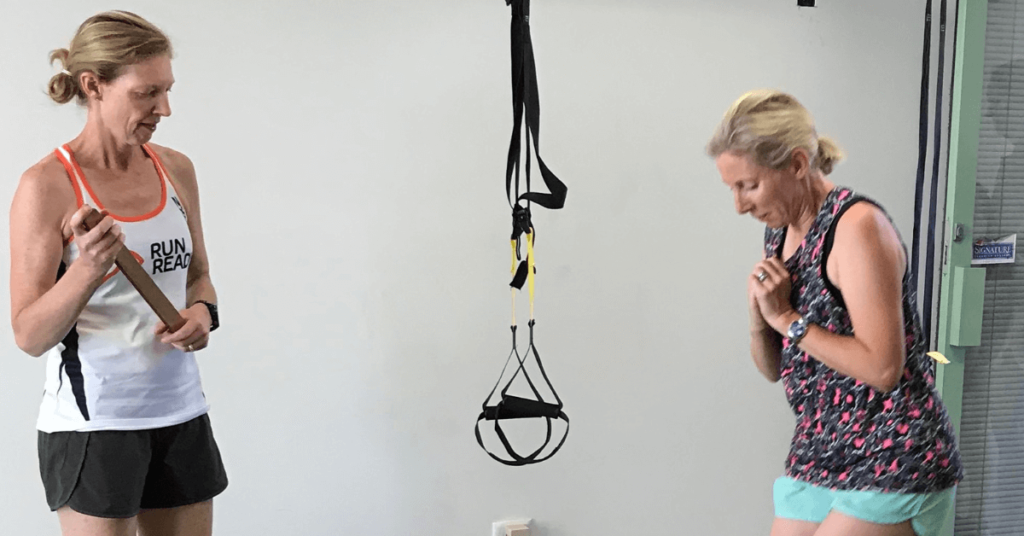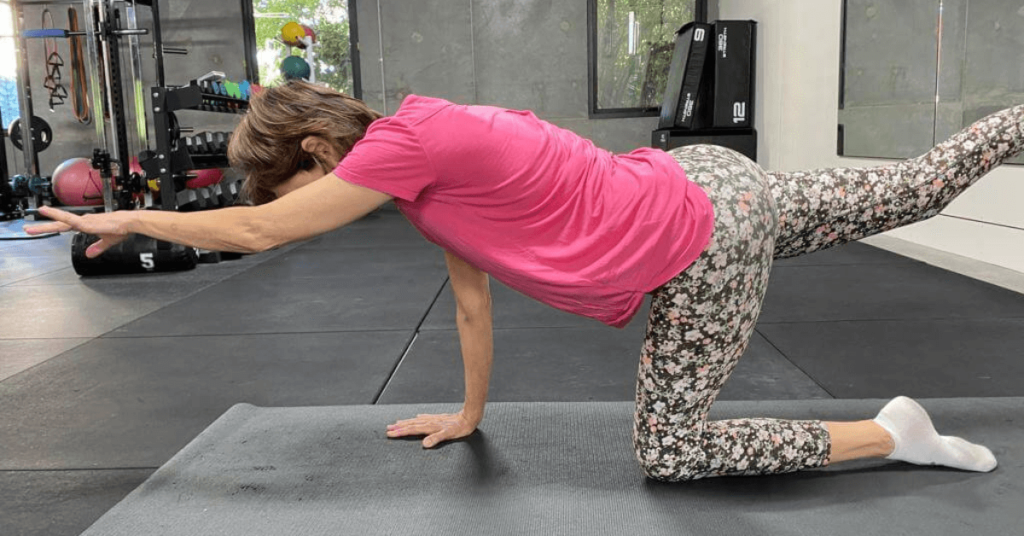Why Kids Need a Strength and Conditioning Coach
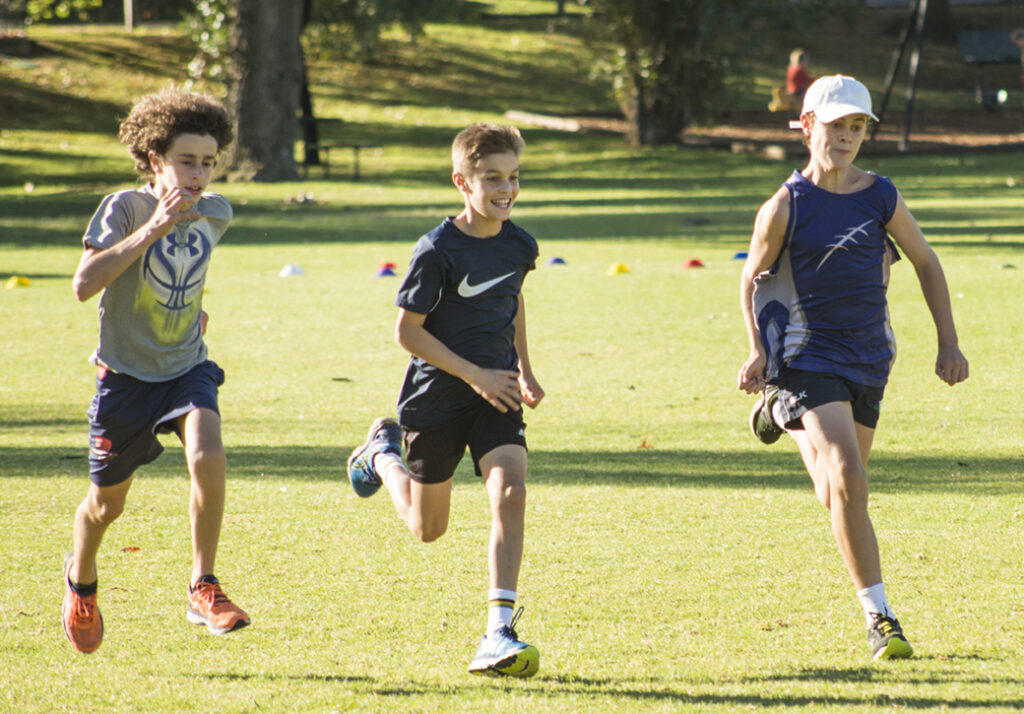
Every parent knows how much energy kids have and how much it takes to use it. Kidding aside, their energy rarely runs out! Kids need movement. While outdoor play can give them that, engaging them in exercise or any kind of sport is one of the best ways to effectively tire them out and gain the benefits that strength and conditioning can give. Kids must learn how to use their bodies the right way without injuring themselves, and there’s no better way than having a strength coach assist and teach them. Let’s find out why kids need a strength and conditioning coach to maximise their development!
Why do kids need a strength and conditioning coach?
There has been a rise in the number of youth who do sports all year round. Many of these young athletes do little more than playing their sport, hoping they will get better at it. Unfortunately, some young athletes find themselves in a rut in their chosen activity or suffer injuries due to their intense effort in trying to rack up awards, so they may take a little alternative route to enrol in the schools of their dreams. However, it is simple for a parent to persuade their child to “put their sport to the side” and be wholly focused on their schoolwork when they don’t notice any progress or when an injury has kept them out of action for a season. Alas, another young person’s hopes and ambitions of participating in a collegiate sporting programme have been shattered. Kids don’t need to give up their dreams of pursuing a sport. All they need is a little bit of guidance, time management, and someone to push them to reach their goals. A strength and conditioning coach is a key component of the jigsaw that may assist increase skill, confidence, and injury resistance.
Questions to ask before hiring a strength coach for your kid
Finding the perfect strength coach to help your child achieve their fitness goals and improve in whatever sport they are currently into is like finding a needle in a haystack. Kids can be more meticulous than adults in finding the right teacher or coach. It is recommended that you relentlessly pursue the right coach to match your child’s preferences, learning styles, innate drive, and desired outcomes. Here are some questions to ask while you search for the right strength trainer for your child.
- How many athletes have you trained?
- How many years have you been in the business?
- Do you customise training programs?
- What is your training schedule?
- What is your educational background?
- How do you deal with injuries?
- What is your culture?
- How soon can we see the results?
- What kind of clients do you have?
What are the benefits of strength training for kids?
Despite earlier beliefs, there is proof that pre-adolescents and teenagers may benefit from strength training, and medical and fitness groups generally accept it. A well-crafted resistance training programme may help children’s health, fitness, and athletic performance while being completely safe. Children who want to look and feel better should consider strength training. This type of physical activity may begin your kid’s healthy and active lifestyle.
Improve Sports Performance
Resistance training can lead to noticeable improvements in athletic performance through gains in neuro-muscular strength, power output, running velocity, direction change speed, and overall motor function. Strength training’s impact on a person’s force-generating capacities is the primary mechanism through which this type of exercise produces improvement (strength).
Build Social Skills
As with all kinds of sports, enrolling your child in a strength and conditioning program can help them build relationships and friendships that they enjoy.
Prevents Injuries
There are several good reasons why strength training is so helpful in avoiding injuries. Muscles, tendons, even ligaments and bones get stronger with strength exercise. As the body moves or is subjected to impact, stronger muscles and tendons assist keep the body in the right position and safeguard the bones and joints.
Increase Strength and Endurance
Muscle strength is an essential complement to and aids in improving endurance. It is the capacity to force against resistance for a brief time. Muscular endurance lengthens performance, while muscular strength increases its intensity.
At what age can a child start strength training?
Beginning resistance training while children develop an interest in sports is a natural progression for parents. This is often between the ages of 6 and 8. After all, to move with perfect form, one must have enough muscular strength; thus, engaging in some sort of resistance training should be required before playing a sport. By enabling a young athlete to learn complicated motions, understand sports strategies, and meet the rigours of practice and competition, resistance training can help him reach his full potential.
What is Physical Literacy?
As children get older, allowing them to sample a variety of sports provides them with the chance to pursue the one they prefer, should they decide to follow. Physical literacy is the premise that these individuals will acquire a wide range of movement skills and talents, which may subsequently be transferred to the enjoyable pursuit of being physically active throughout their life. Physical wellness is only one benefit of physical literacy. Additionally, it enhances social skills, good living habits, cognitive abilities, mental health, and psychological wellness. Therefore, all kids should learn the fundamentals of movement and become physically literate.
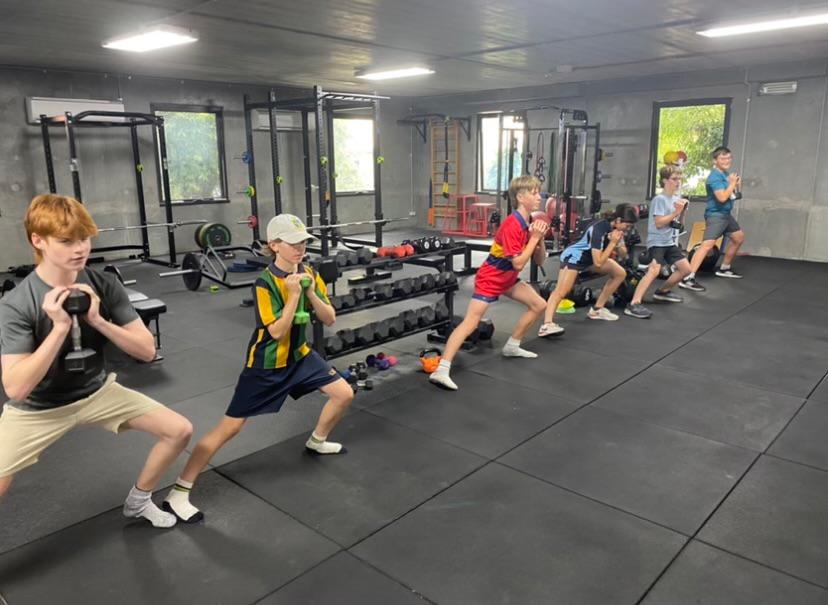
- In 2011–12, just 23% of kids aged 5–14 engaged in the daily required 60 minutes of physical activity.
Children between the ages of 5 and 14 spend more than 123 minutes per day sitting or lying down for screen-related activities. The average daily screen time for kids between the ages of 2-4 was 83 minutes. (Australian Institute of Health and Wellness)
Basic Strength and Conditioning Guidelines for Kids
When done correctly, weight training has significant positive effects on health. But if done incorrectly, it can result in injuries like sprains, strains, and fractures.
Consider these fundamental weight-training techniques for the greatest results:
- Use the proper techniques and forms
- Always warm up before a workout
- Do a single set of reps first
- Make sure you are lifting the right weight
- Don’t be in a hurry. Start slowly.
- Rest in between sets
- Rehydrate as often as you can
Kids Strength Coach and Training
Formal muscle-strengthening regimens, like weightlifting, are typically not necessary for children. They could begin formal weightlifting training when they get older and become teenagers. These kinds of programmes could be combined with their participation in sports team training.
As soon as a child can safely follow instructions, which is often around the age of seven or eight, according to experts, they can begin lifting weights. Although kids won’t see a growth in muscle mass until they are teenagers, they will notice an increase in strength and endurance.
A minimum of an hour of moderate to strenuous aerobic activity per day is recommended for children and adolescents aged 6 and older. Children should engage in physically demanding activities, such biking or running, at least three days a week.
Without sufficient nutrition, particularly without enough protein, lifting and strength exercise might actually cause muscle tissue loss. Additionally, you won’t have the stamina to perform the exercises that promote muscle growth if you aren’t eating well.
Most young athletes consume the recommended quantity of food each day. The energy and hydration requirements of certain young athletes are higher. All-day tournaments or demanding endurance sports (such competitive rowing, cross-country running, or swimming) might need up to two hours of continuous exertion. To meet their higher energy needs, children and teenagers who engage in these activities may need to eat extra food.
- High in vitamins and minerals
- Carbohydrates
- Protein


